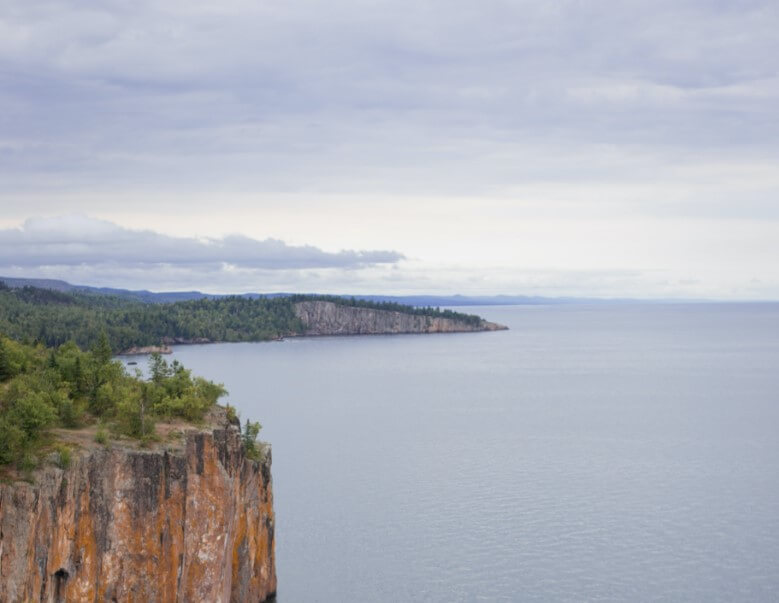ELPC Press Release

ELPC Receives American Bar Association's Award for Excellence
Learn MoreMarch 30, 2019
Climate change is causing significant and far-reaching impacts on the Great Lakes and the Great Lakes region. In recent years, our planet has experienced, some of the warmest temperatures ever recorded, record-breaking weather extremes, powerful storms, increasing tragic flooding from rising sea levels and associated storm surge, huge wildfires, and continued melting of glaciers and polar sea ice. The accelerating pattern of changes in the Earth’s climate is affecting the Great Lakes.
Our report, by 18 leading scientists and experts from Midwest and Canadian universities and research institutions, draws on the array of existing research to assess how the shifting global climate impacts the unique Great Lakes region.

The Great Lakes contain 21% of the world’s fresh surface water. About 34 million people rely on them for drinking water, jobs, recreation and their way of life. But heavy human use over the past two centuries has taken its toll in the forms of habitat loss and fragmentation, influxes of invasive species, and polluted air, water, and sediments. Soil and nutrient runoff from agricultural fields and concentrated animal feedlot operations (CAFOs) imperil water quality and wildlife populations in many parts of the basin, threatening public and wildlife health and the economic vitality of the region. Climatic changes now underway further stress these ecosystems, alternately raising and lowering lake levels and threatening the region in new ways.
We cannot take the vast natural resources of the Great Lakes for granted. Scientific analyses clearly show that climate change has already greatly affected the region and that these impacts will continue and expand as the pace of climate change accelerates. For economic, aesthetic, recreational and ecological reasons, we must reduce the effects of climate change on the Great Lakes.